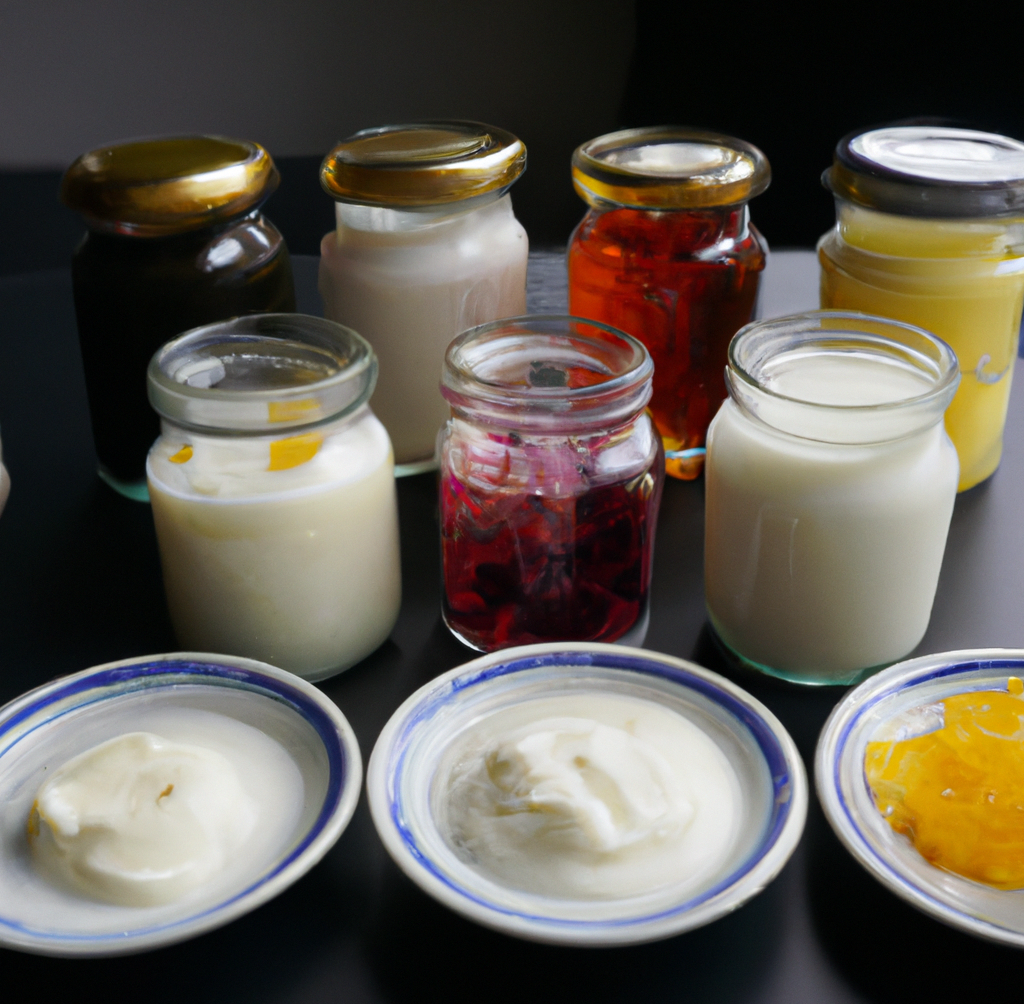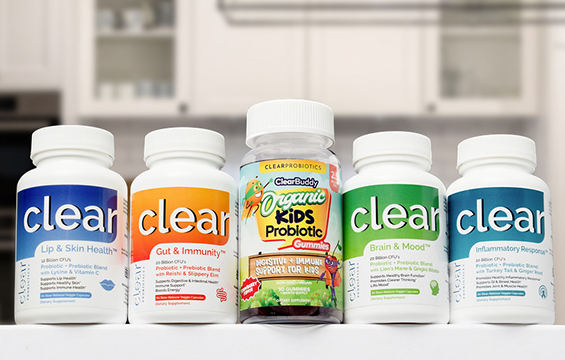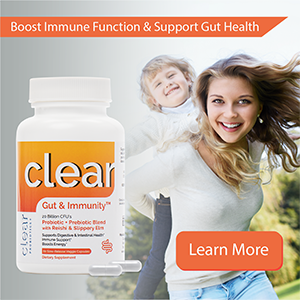Table of Contents
ToggleIntroduction
Diverticulitis, a common gastrointestinal disorder, is characterized by the inflammation or infection of small pouches called diverticula that form in the lining of the colon.
These pouches develop when weak areas in the colon’s muscular wall give way under pressure, causing bulges to form.
Although diverticulosis is a relatively harmless condition where diverticula are present without inflammation or infection, when these pouches become infected or inflamed, it leads to diverticulitis.
Importance of Probiotics in Managing Diverticulitis
These live microorganisms are known to promote a healthy balance of gut bacteria and improve overall digestive health.
Firstly, probiotics help restore and maintain a balanced gut microbiota composition.
The imbalance between beneficial and harmful bacteria in the intestines has been linked to the development and exacerbation of diverticulitis symptoms.
By introducing specific strains of probiotics into one’s diet or through supplements, it becomes possible to increase the population of beneficial bacteria that aid in digestion and reduce inflammation within the colon.
Secondly, probiotics exhibit anti-inflammatory properties that can help mitigate symptoms associated with diverticulitis.
The inflammation of the diverticula can cause discomfort and lead to complications.
Probiotics, particularly strains like Lactobacillus acidophilus and Bifidobacterium longum, have been shown to reduce inflammation in the gut, potentially alleviating symptoms and preventing flare-ups.
Incorporating probiotics into the management of diverticulitis can provide a natural and effective way to support gut health.
Understanding Diverticulitis
Definition and Causes of Diverticulitis
Diverticulitis is a condition characterized by the inflammation or infection of small pouches, called diverticula, in the wall of the colon.
These pouches form when weak areas in the colon’s muscular layers bulge outward.
While diverticula themselves are generally harmless, when they become inflamed or infected, it leads to diverticulitis.
The exact cause of diverticulitis is not fully understood, but it is believed that a combination of factors contributes to its development.
One of the primary causes is thought to be a low-fiber diet. When individuals consume diets lacking in fiber, their stools become harder and more difficult to pass.
This results in increased pressure within the colon during bowel movements, leading to strain on the intestinal walls and subsequent formation of diverticula over time.
Other contributing factors may include age (as risk increases with age), obesity, smoking, physical inactivity, and certain genetic predispositions.
Common Symptoms and Complications for Diverculitis
- You may feel intermittent abdominal pain, typically intensifying during or post-meal times.
- Abdominal cramping often worsens with eating.
- You might notice increased bloating and the presence of gas.
- Changes in bowel movements, such as diarrhea or constipation, may occur.
- Abdominal tenderness becomes pronounced upon touching or applying pressure.
- Fever and chills could develop, signaling an infection in the inflamed diverticula.
- Nausea or vomiting might arise, potentially due to bowel obstruction or neighboring inflammation.
- Signs of bowel obstruction may become evident.
If Diverticulitis Advances or Remains Untreated, These Complications May Present:
- Abscesses can form within the inflamed pockets in the colon.
- The diverticula might perforate or rupture, leading to leakage into the abdominal cavity.
- Inflammation of the abdominal lining, or peritonitis, could set in.
- Fistulas may develop, creating abnormal connections within the intestine or to other organs.
- Intestinal blockages might result from the swelling or inflammation of diverticula.
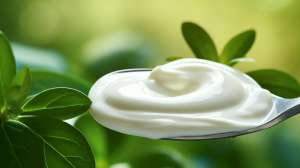
The Role of Probiotics in Diverticulitis Management
Probiotics and their Benefits for Gut Health
Probiotics, often referred to as “friendly bacteria,” are live microorganisms that provide numerous health benefits when consumed in adequate amounts.
These beneficial bacteria naturally reside within our gastrointestinal tract, contributing to the delicate balance of the gut microbiota.
The gut microbiota plays a crucial role in maintaining digestive health and overall well-being. When this balance is disrupted, conditions like diverticulitis can arise.
The benefits of probiotics for gut health are multi-faceted.
Firstly, they help maintain a healthy intestinal environment by inhibiting the growth of harmful bacteria that can trigger inflammation and damage the intestinal walls.
Secondly, probiotics enhance nutrient absorption and aid in digestion by breaking down complex carbohydrates into more easily digestible substances.
This process not only supports regular bowel movements but also reduces the strain on the diverticula (small pockets that protrude from the colon walls), preventing them from becoming inflamed or infected.
Alleviating Symptoms and Preventing Flare-Ups with Probiotics
In individuals with diverticulitis, incorporating probiotics into their daily routine can be highly beneficial in managing symptoms and preventing flare-ups.
By promoting a healthy gut environment, probiotics help reduce inflammation within the digestive system.
This anti-inflammatory effect alleviates discomfort associated with diverticulitis such as abdominal pain, bloating, and irregular bowel movements.
Moreover, probiotics play a crucial role in modulating immune response within the gut mucosa – the lining of the intestines that acts as a barrier against harmful substances entering our bloodstream.
It is important to note that while probiotic-rich foods like yogurt, kefir, and sauerkraut can provide beneficial bacteria to support gut health, a more concentrated and consistent intake of probiotics can be achieved through high-quality supplements formulated explicitly for diverticulitis management.
These supplements ensure an adequate amount of probiotics reaches the digestive system, maximizing their potential therapeutic effects in mitigating symptoms and reducing the risk of future diverticulitis flare-ups.
Lactobacillus acidophilus
Lactobacillus acidophilus, a strain of probiotics commonly found in the human gut, has shown promising potential in reducing inflammation and improving digestion for individuals with diverticulitis.
This beneficial bacterium helps maintain a healthy balance of gut flora and supports the overall function of the digestive system.
Studies have indicated that Lactobacillus acidophilus supplementation can have a positive impact on diverticular disease management.
Recommended dosage: To effectively harness the benefits of Lactobacillus acidophilus for diverticulitis, it is generally recommended to take 1-2 billion CFUs (colony-forming units) per day.
Bifidobacterium longum
Bifidobacterium longum is another well-studied strain belonging to the Bifidobacterium genus, known for its ability to promote gut health and alleviate symptoms associated with diverticular disease.
This probiotic strain aids in maintaining intestinal barrier function, modulating immune responses, and enhancing overall digestive well-being.
Research has shown that Bifidobacterium longum supplementation can be beneficial for individuals with diverticular disease.
This strain also contributed to a reduction in intestinal inflammation markers.
Different forms available: Bifidobacterium longum is commonly available in various forms such as capsules, probiotic blends, and fortified yogurts.
Capsules offer a convenient option for individuals who prefer a concentrated and standardized dosage.
Lactobacillus plantarum
This particular strain of bacteria is known for its potent anti-inflammatory properties, which can help reduce the inflammation and discomfort associated with diverticular disease.
By modulating the immune response and inhibiting the production of inflammatory molecules, Lactobacillus plantarum aids in soothing the inflamed intestinal walls.
It helps regulate the composition and diversity of beneficial bacteria in the digestive tract, promoting overall gut health.
Research studies have indicated that individuals with diverticulitis may benefit from consuming Lactobacillus plantarum due to its ability to restore microbial stability and enhance intestinal barrier function.
Additionally, fermented foods like sauerkraut, kimchi, and certain yogurts naturally contain this beneficial strain.
Incorporating these sources into your diet can contribute to improved gut health and potentially aid in managing diverticulitis symptoms.
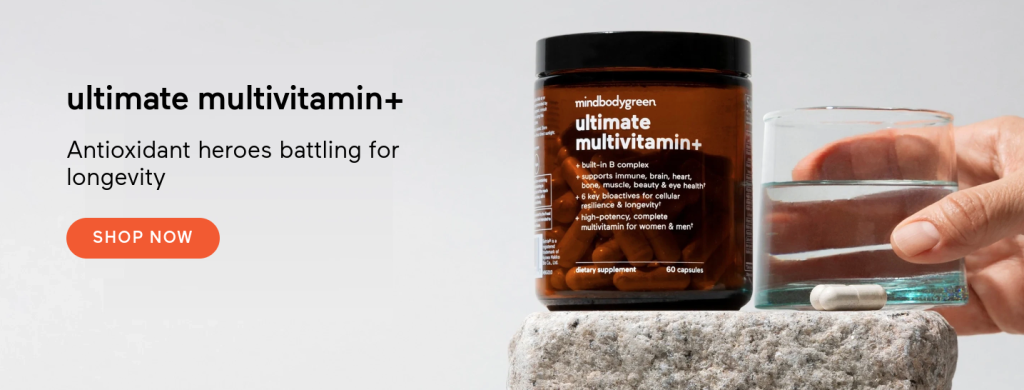
Streptococcus thermophilus
While studies specifically focused on its effects on diverticular disease are limited, this strain has been extensively studied for its role in promoting overall digestive health.
Streptococcus thermophilus aids in breaking down lactose, a sugar found in dairy products, making it beneficial for those with lactose intolerance, a common issue among individuals with diverticulitis.
Furthermore, Streptococcus thermophilus produces various enzymes that enhance the digestion and absorption of nutrients.
A Word from HealthyVibe
When it comes to managing diverticulitis and promoting gut health, incorporating specific probiotics into your routine can be highly beneficial.
Probiotics such as Lactobacillus plantarum and Streptococcus thermophilus have shown potential for individuals with diverticular disease.
Lactobacillus plantarum stands out for its anti-inflammatory properties and ability to restore microbial balance in the gut.
By incorporating these beneficial probiotics into your diet alongside medical treatment and other lifestyle changes recommended by healthcare professionals, you can take an active role in managing diverticulitis and contributing to long-term gut health.
FAQ
How do probiotics assist in diverticulitis management?
Probiotics actively restore and maintain a healthy gut flora balance, crucial in diverticulitis management. They introduce beneficial bacteria like Lactobacillus acidophilus and Bifidobacterium longum, which fight inflammation and promote a robust digestive system, minimizing diverticulitis symptoms and flare-ups.
Can Lactobacillus acidophilus reduce diverticulitis-related inflammation?
Yes, Lactobacillus acidophilus significantly reduces gut inflammation, a common issue in diverticulitis patients. By daily consuming 1-2 billion CFUs, patients can experience relief from abdominal discomfort and improved gut health.
Where can one find Bifidobacterium longum, and what are its benefits?
Bifidobacterium longum, available in capsules, probiotic blends, and fortified yogurts, supports gut barrier integrity and modulates the immune response, easing diverticulitis symptoms like bloating and irregular bowel movements.
What makes Lactobacillus plantarum beneficial for those with diverticulitis?
Lactobacillus plantarum stands out for its anti-inflammatory properties and its role in establishing a balanced gut microbiome. Incorporating this strain from supplements or fermented foods can lead to decreased intestinal inflammation and enhanced digestive health for diverticulitis sufferers.
How does Streptococcus thermophilus contribute to digestive health in diverticulitis?
Streptococcus thermophilus assists in lactose digestion and produces enzymes that boost nutrient absorption, essential for individuals with diverticulitis. Its gut-balancing abilities can also help mitigate digestive discomfort, although its direct effects on diverticulitis require further research.

